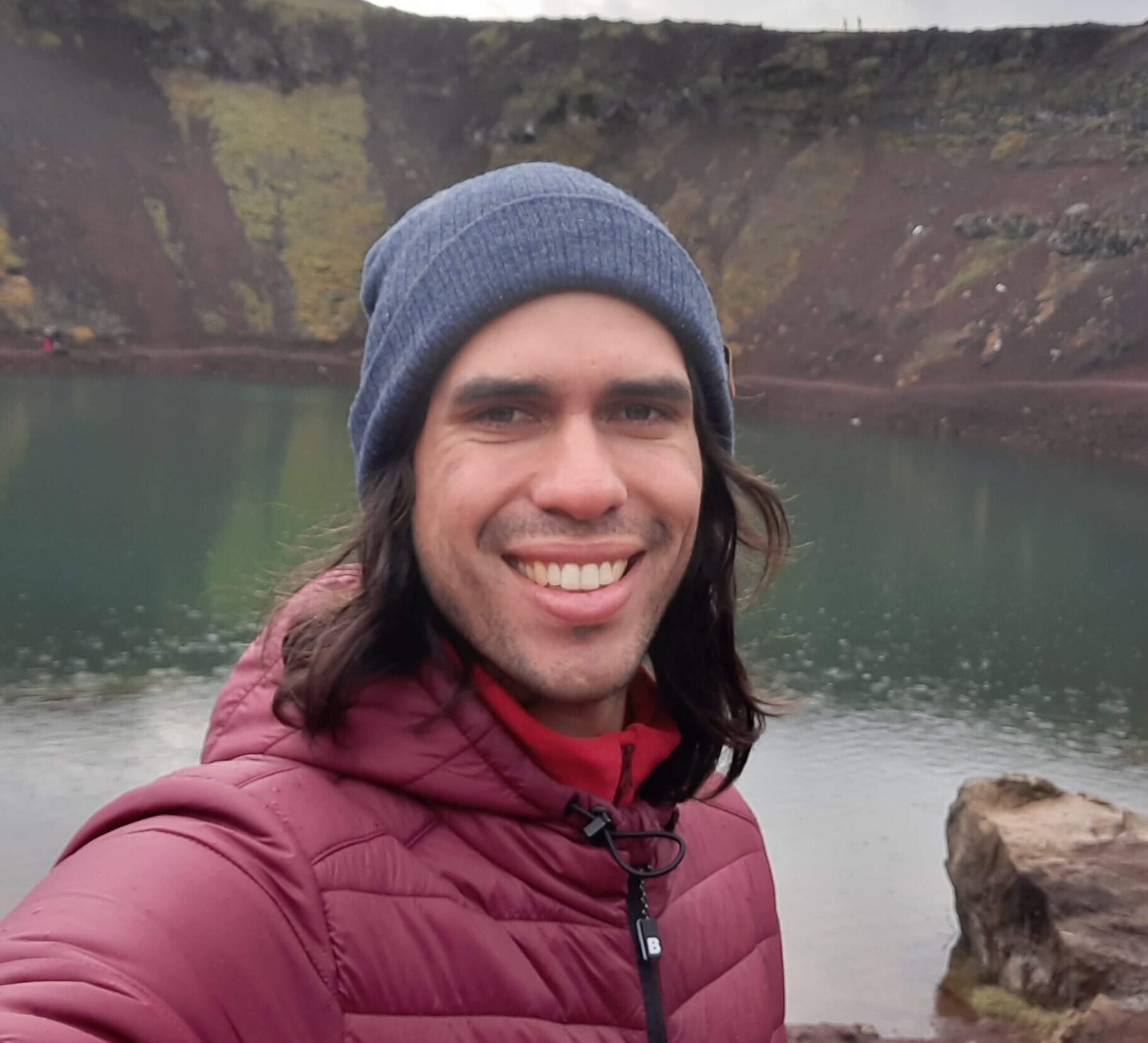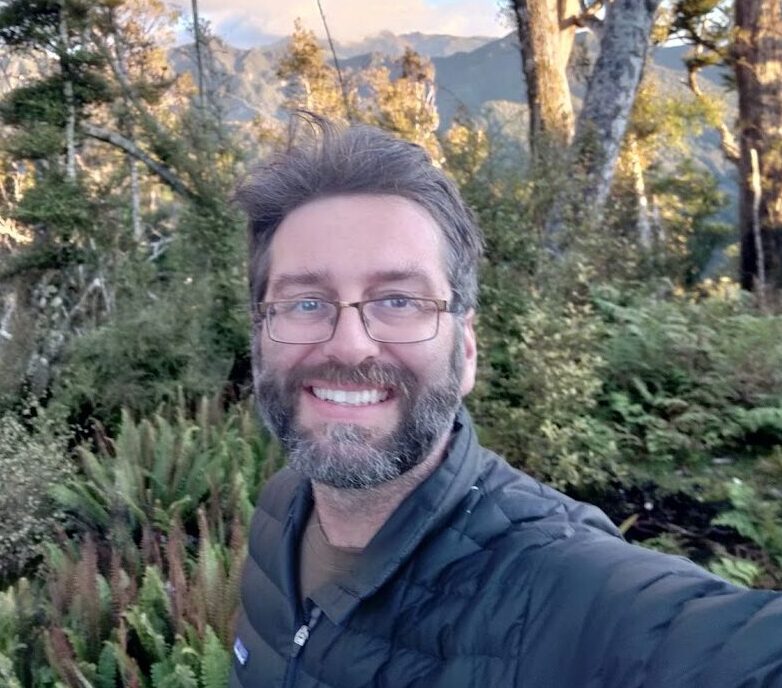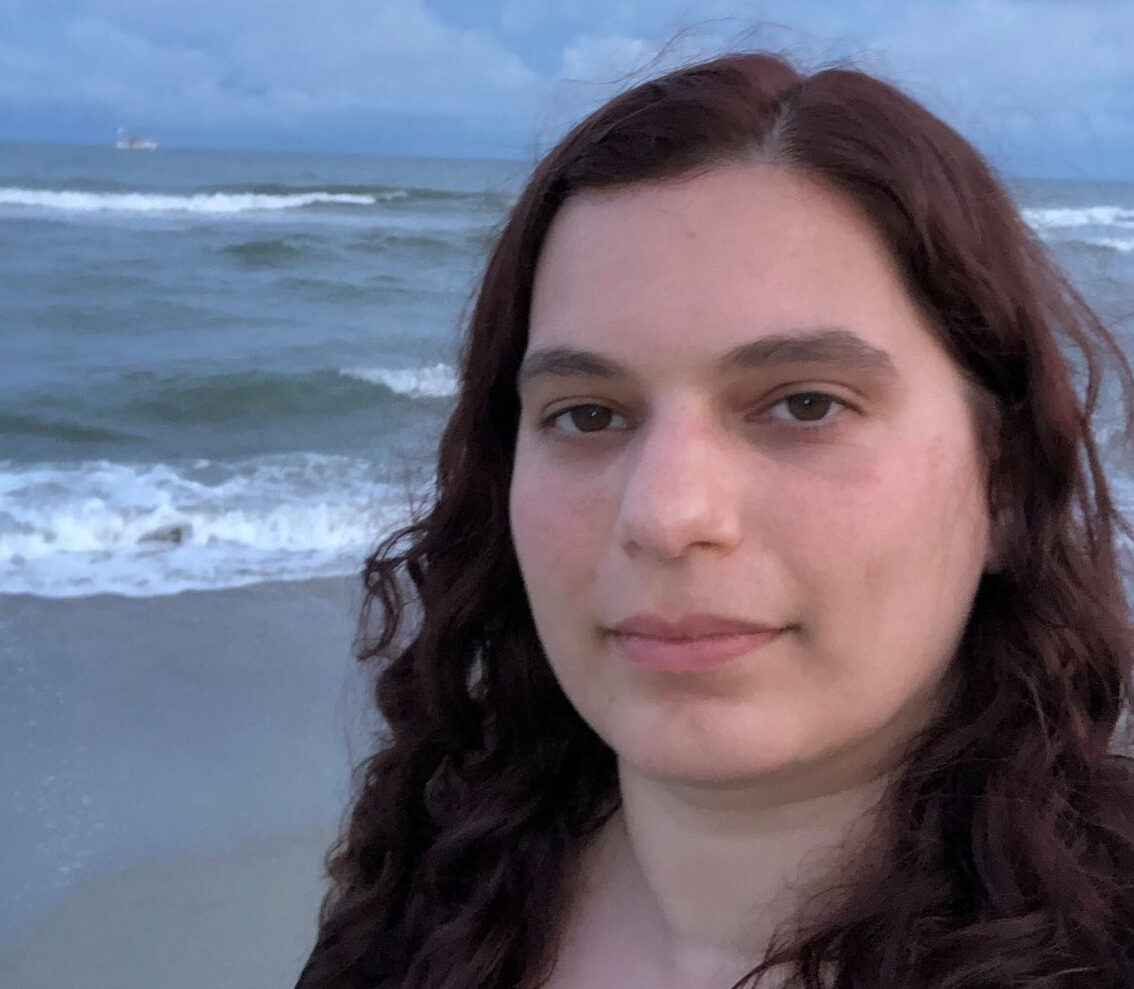August 15th, 2024, 2 PM: A mathematical exploration of disease and diversity in oaks: The case of oak wilt disease
September 19th, 2024, 4 PM: Matching Habitat Choice and the Evolution of a Species’ Range
October 17th, 2024, 12 PM: Adjusting for pre-treatment bias in a forest FACE experiment
November 21st, 2024, 2 PM: Adaptive Scaling of Skedastic Response to Biological System Entropy
December 19th, 2024, 4 PM: TBD
January 16th, 2025, 12 PM: TBD
February 20th, 2025, 2 PM: TBD
March 19th, 2025, 4 PM: TBD
April 16th, 2025, 12 PM: TBD
May 21st, 2025, 2 PM: TBD
June 18th, 2025, 4 PM: TBD



